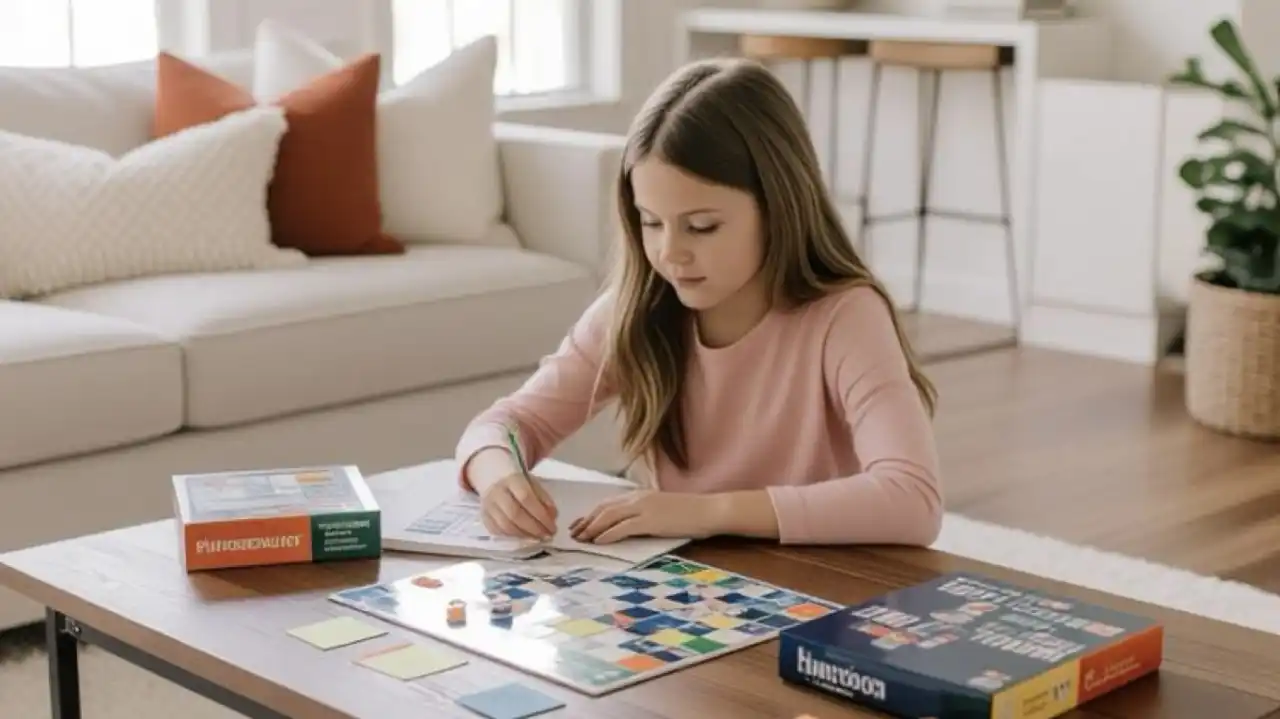
Strategic Problem-Solving: Plan Ahead
C
hildren often act impulsively, rushing into games, school assignments, or projects without thinking through possible outcomes. This leads to mistakes, frustrations, and missed opportunities. Teaching them to ask, “What could happen next?” builds foresight, helping them anticipate consequences and prepare for challenges—a skill essential for leadership, strategy, and personal success.
One evening, my daughter hesitated over a risky move in a board game. Instead of giving advice, I asked her to imagine what might follow each choice. She paused, weighed her options, and made her move. It wasn’t perfect, but she owned it. Later, she brought that same thinking to a group assignment—mapping roles, setting checkpoints, and adjusting when the plan veered off course. It wasn’t about getting it right the first time. It was about learning to steer.
To strengthen this habit, carve out moments to explore possibilities together. You might talk through an upcoming event, a tricky task, or a decision they’re mulling over. Invite them to name different paths—and where each one might lead. You can sketch ideas, act them out, or play with strategy-based games to stretch this skill. When planning becomes part of the process, not a barrier to spontaneity, children begin to see it as a way of sharpening their goals, not slowing them down.
Strategic Problem-Solving
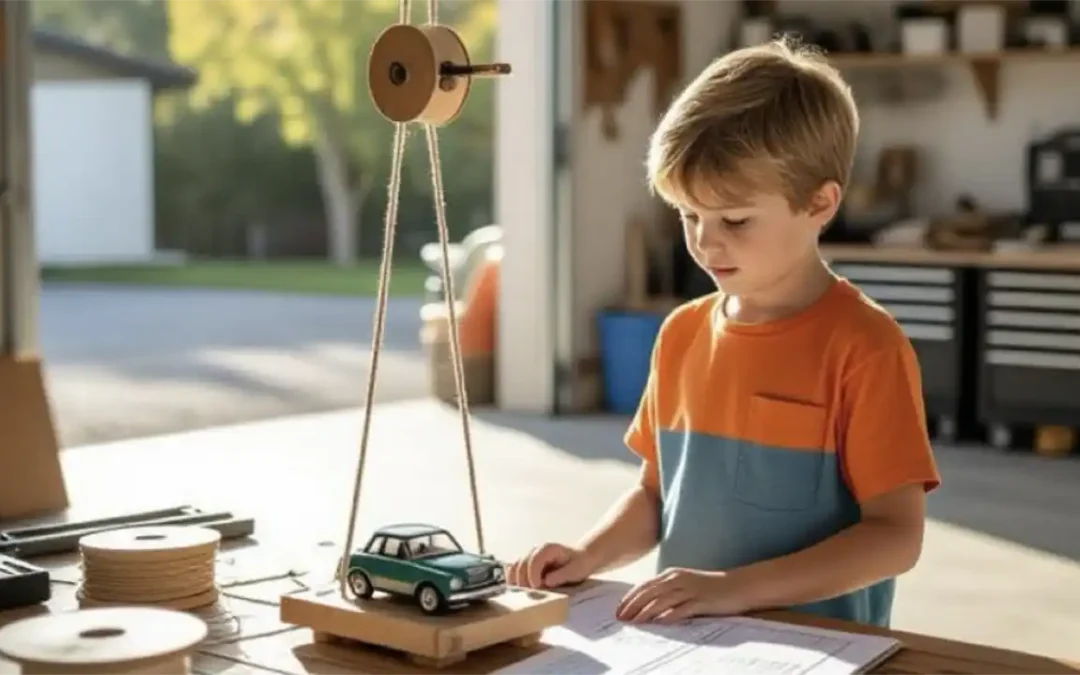
Strategic Problem-Solving: Think It Through Before You Act
Teach children to pause and reflect before responding. This supports emotional regulation, patience, and thoughtful choices.
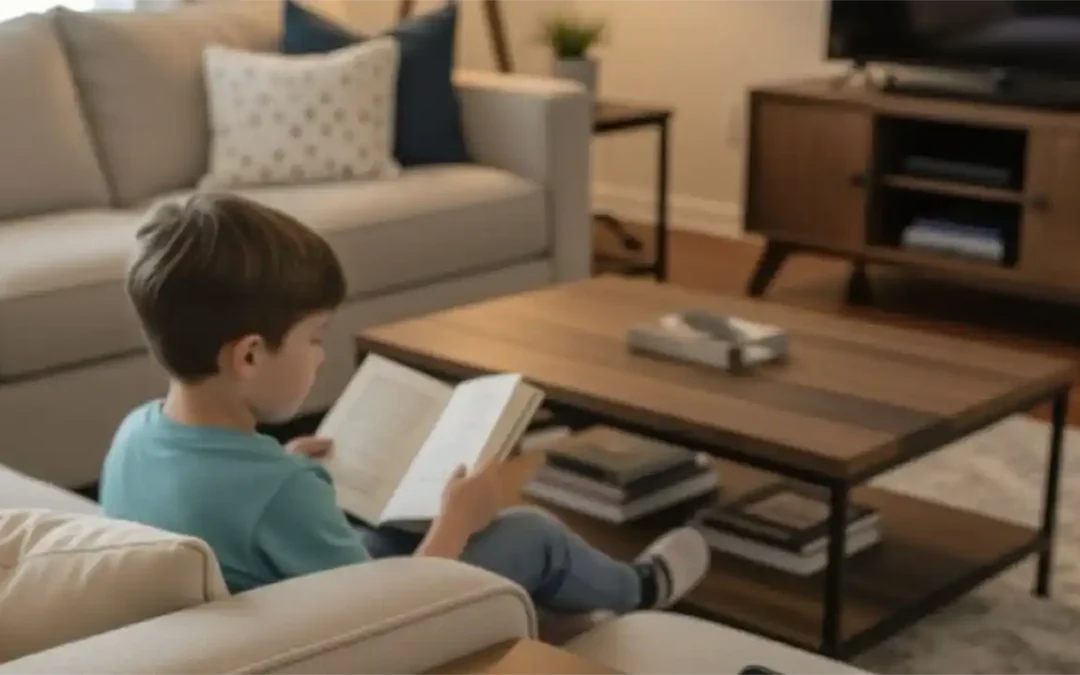
Strategic Problem-Solving: Strengthen Sustained Attention
Focus grows through practice. Use gentle routines to help children develop concentration and stay engaged without stress.
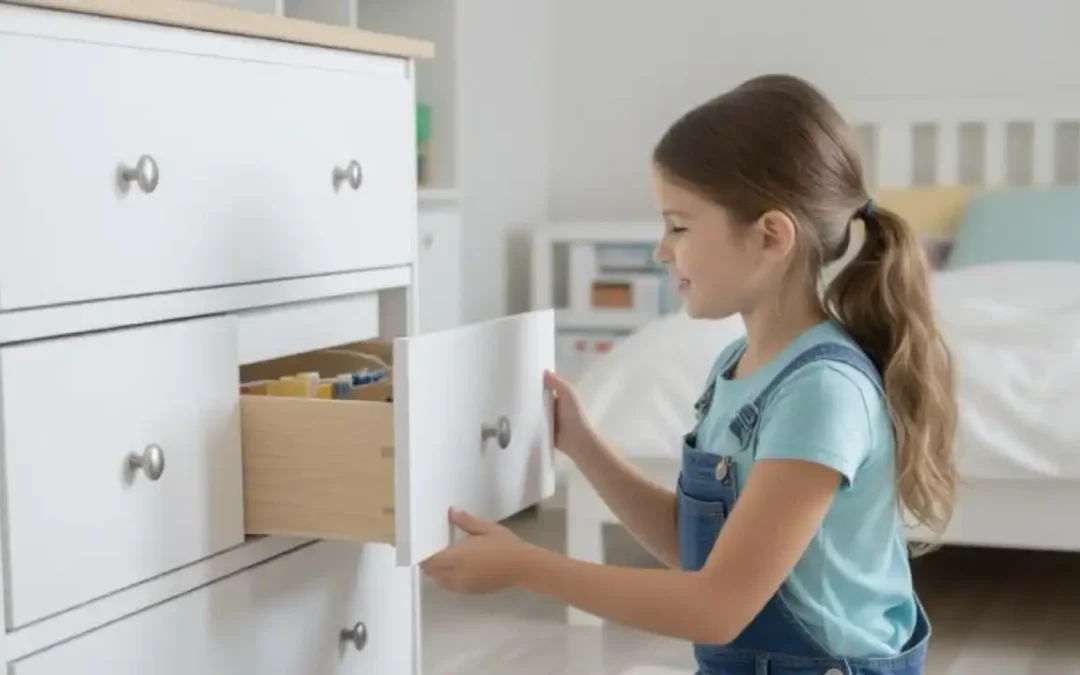
Strategic Problem-Solving: Invent New Solutions When Stuck
Encourage creativity when challenges arise. Children learn flexibility and resilience by trying new approaches when the first attempt doesn’t work.
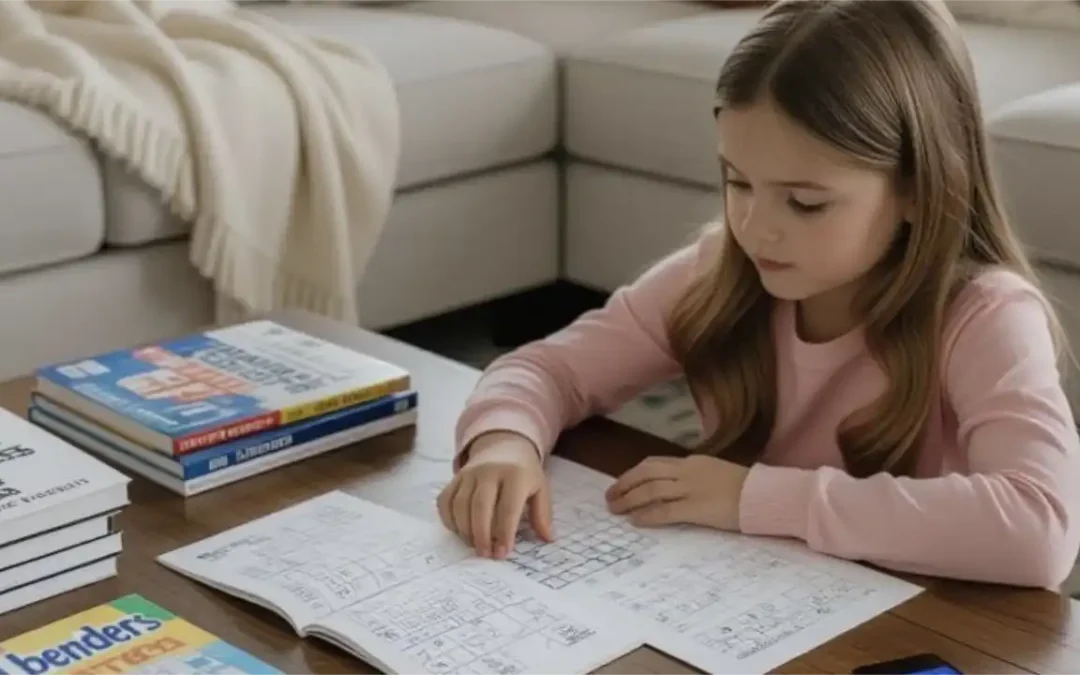
Strategic Problem-Solving: Solve Problems with Clues
Teach children to look for clues, test ideas, and try again. Clue-based reasoning strengthens persistence and careful observation.
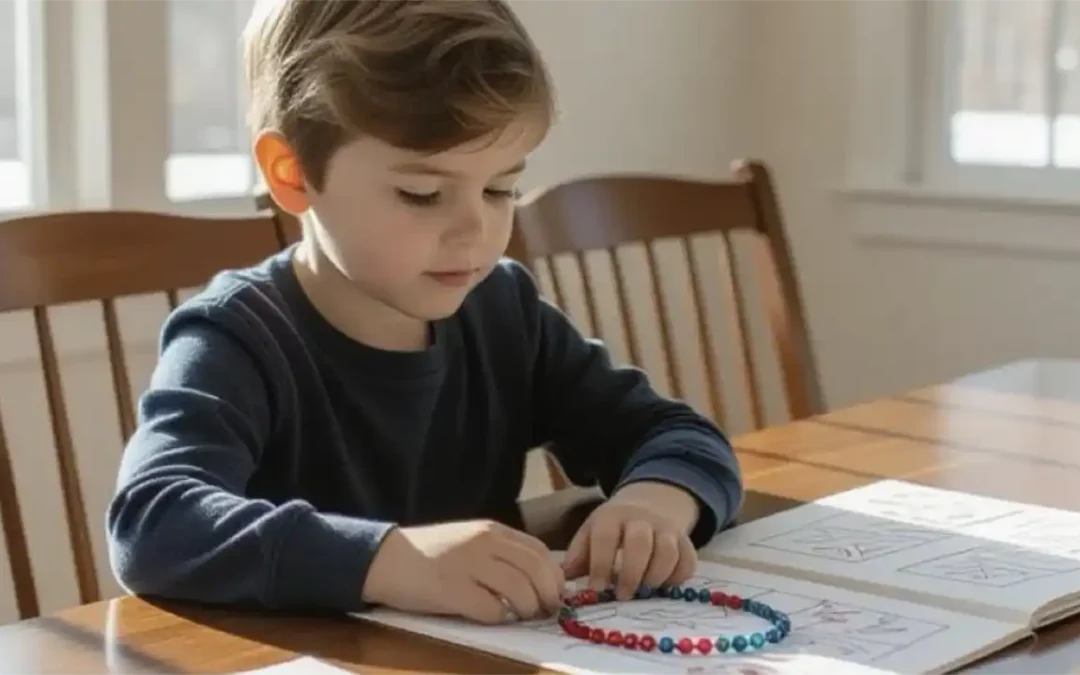
Strategic Problem-Solving: Recognize and Extend Patterns
Patterns help children understand math, language, and nature. Spotting patterns builds prediction, memory, and reasoning skills.
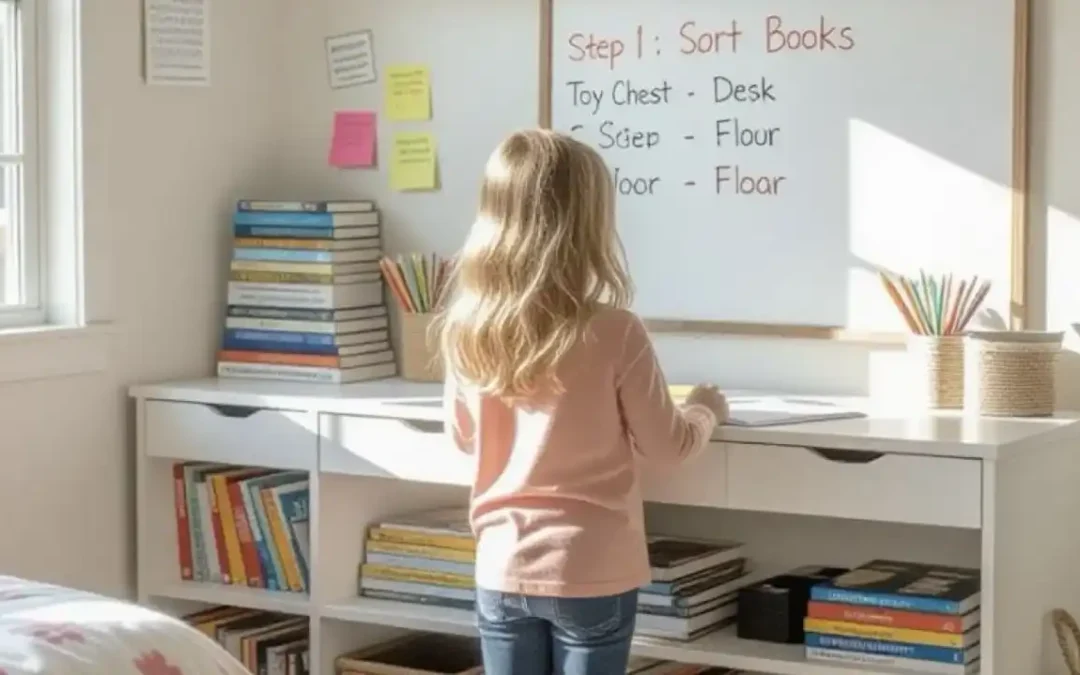
Strategic Problem-Solving: Break Big Problems Into Steps
Help children approach challenges by dividing them into manageable pieces. This builds patience, logical thinking, and success over time.
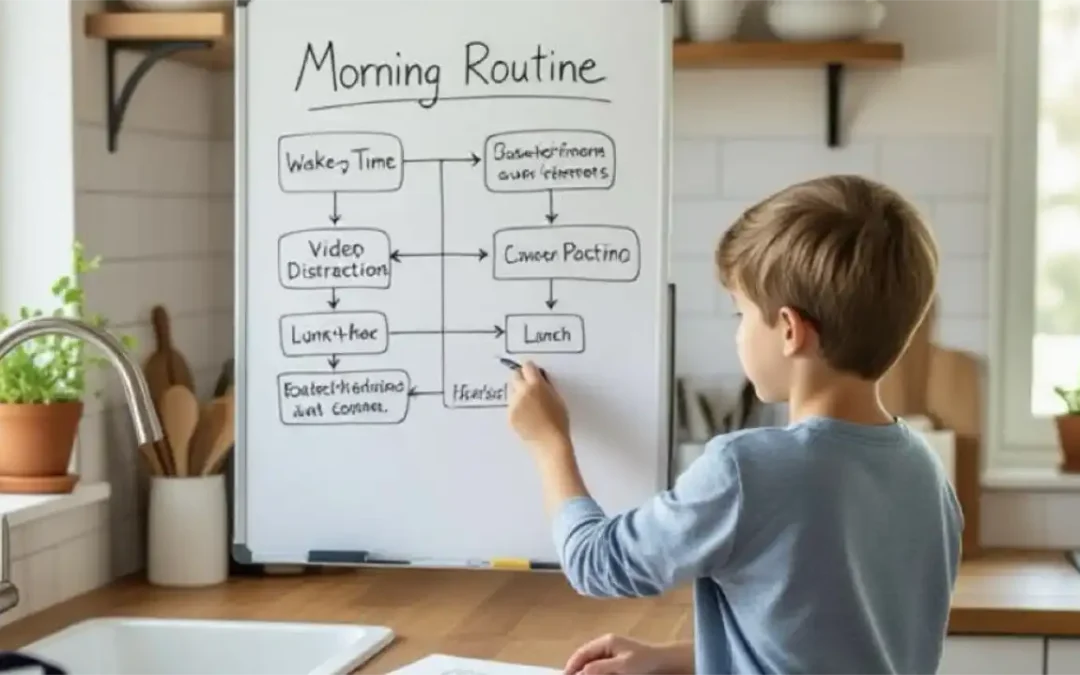
Strategic Problem-Solving: Think in Systems
Show children how parts connect within a whole. Systems thinking encourages clarity, planning, and thoughtful decision-making.
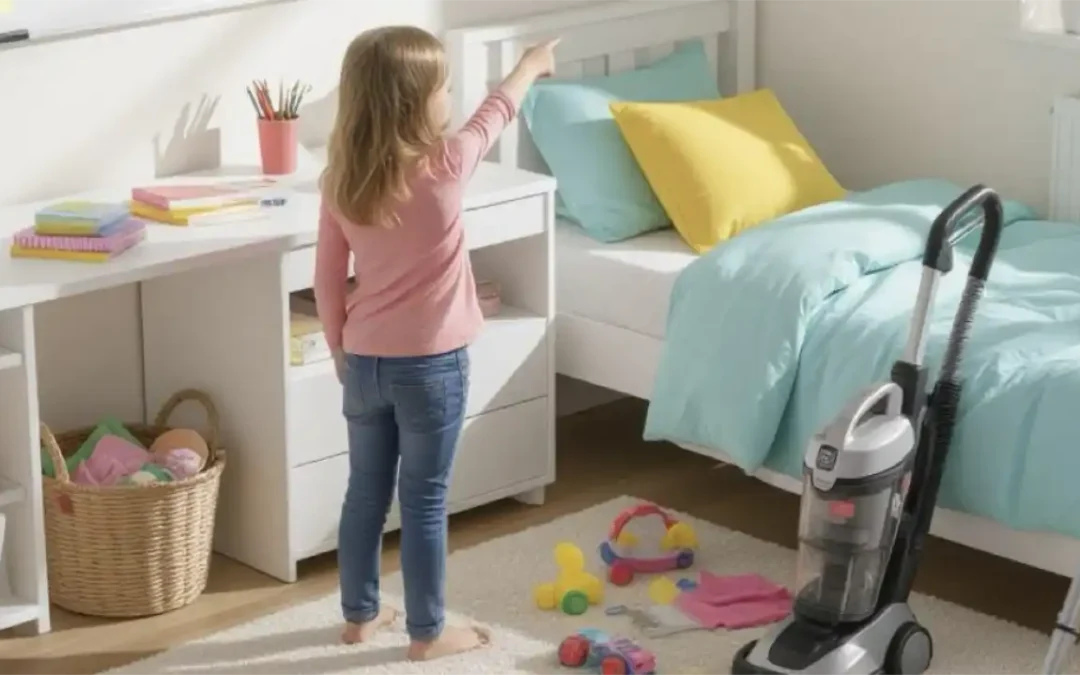
Strategic Problem-Solving: Sequence Complex Tasks Effectively
Teach children to break big tasks into simple steps. Sequencing builds problem-solving skills, independence, and confidence.
Table of contents

Primordial Soup for the Mind: Navigation
Navigate the book Primordial Soup for the Mind.
TIPS
- Ask “What could happen next?” to spark foresight
- Use games and decisions to practice prediction
- Praise when they slow down to think
- Make planning visual — draw or map options
- Celebrate when plans shift based on better thinking
ACTIVITIES
- If-Then Map: Pick a game or project, list 2 actions and what each could lead to — 10 min
- Choice Tree: Draw a branch for 3 options, sketch possible results — 10 min
- Outcome Race: Predict 3 outcomes, test one and log what happened — 10 min
TOOLS
Chess set, Plan Ahead app, whiteboard

Download “Primordial Soup for the Mind: A Parent’s Guide to Nurturing Intellectual Growth”
Enter your information to get this article and hundreds more as part of the FREE book Primordial Soup for the Mind.
Share your thoughts with the Thought Academy community in the Comments section below.

Sharpen those skills!
Enter your information to get our FREE practice exercises so you can hone your critical thinking and reasoning skills!





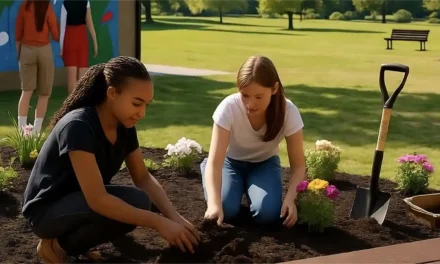

0 Comments